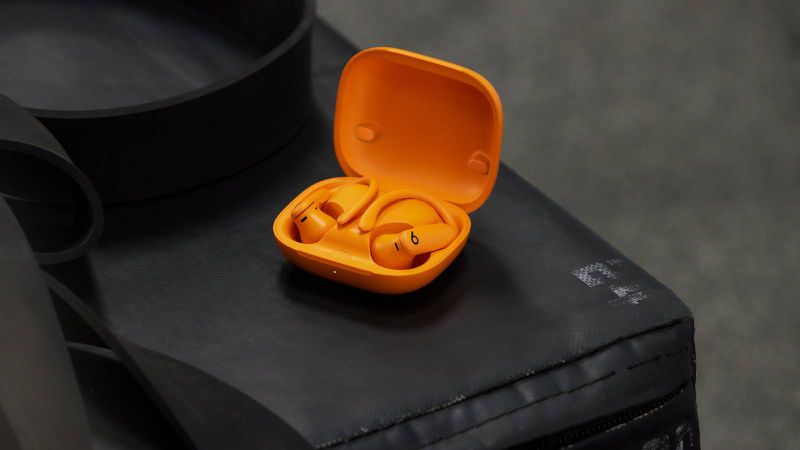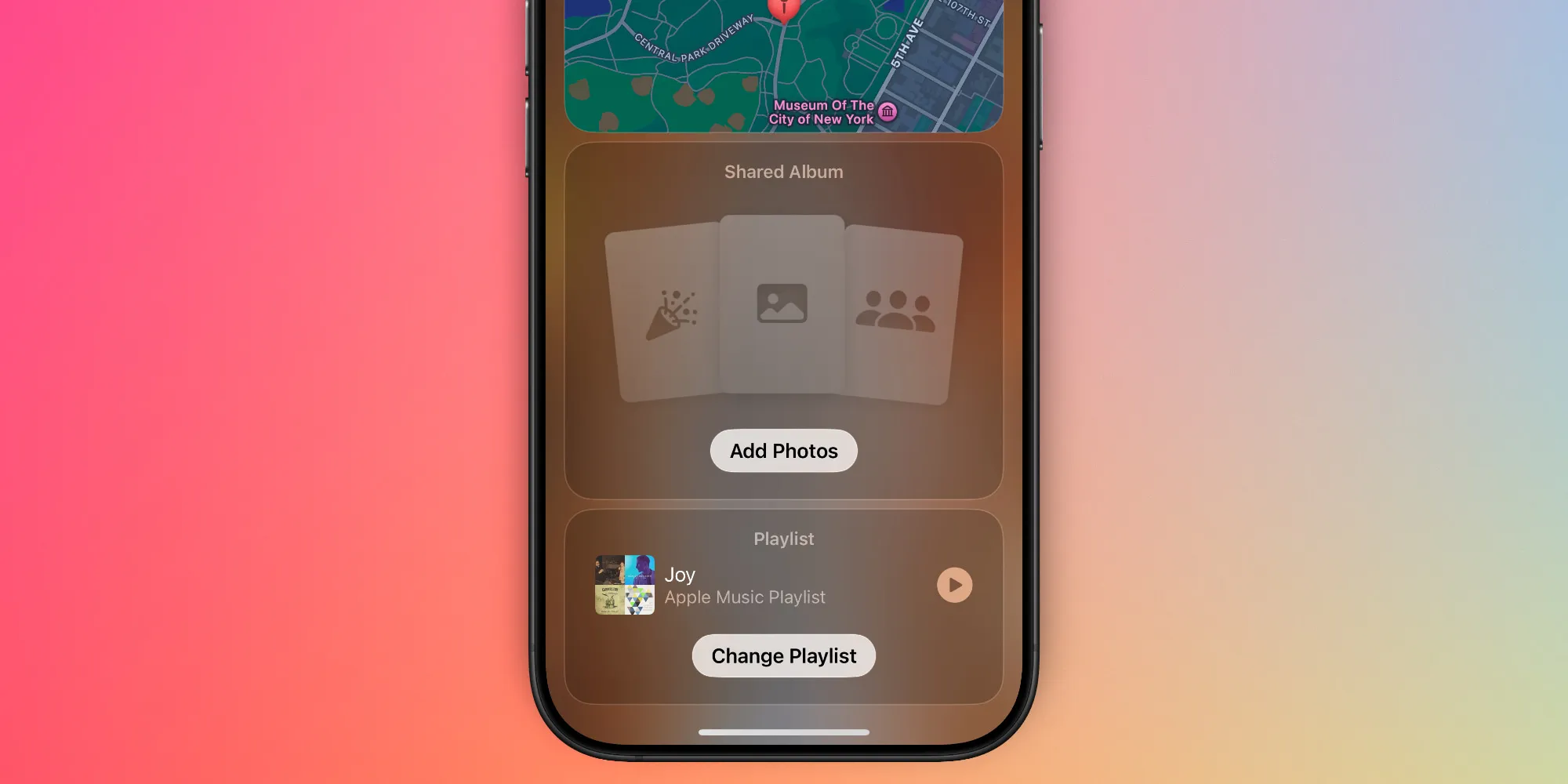Apple has been quietly working on a feature many have been waiting for – reverse wireless charging. This means your iPhone could charge other devices like your AirPods or Apple Watch directly from its battery. Although this feature has been common in Android phones, Apple has yet to fully unlock it in their iPhones.
Back in 2020, the iPhone 12 hinted at this capability, but it was only partially implemented. We saw the phone could charge the MagSafe Battery Pack, but not other accessories like AirPods. Since then, Apple has been refining this technology.
Recent leaks suggest that Apple might be ready to introduce this feature with the iPhone 17 Pro. According to sources, they’ve been testing a 7.5W reverse charging capability in this model. This isn’t just about adding a feature; it’s about ensuring it works well. Apple is focusing on managing charging speeds, heat, and efficiency to make this a useful addition.
Moreover, Apple is reportedly developing a user-friendly interface for this feature, complete with animations and sounds to guide users on how to use it. This would make the experience seamless and intuitive, much like the current MagSafe interactions.
While the charging speed might not be super fast, think of it as an emergency tool – perfect for when you’re out and about without your charger. Imagine your Apple Watch battery dying on a long trip; your iPhone could come to the rescue.
The leaker, known for accurate past predictions about Apple products, claims this feature is in the testing phase. However, whether it will make it into the final release of the iPhone 17 Pro remains uncertain. This development could significantly change how we use our devices, offering more flexibility and convenience. But until Apple officially confirms this, we’ll have to wait and see if our iPhones will soon play the role of a mini charging station.






